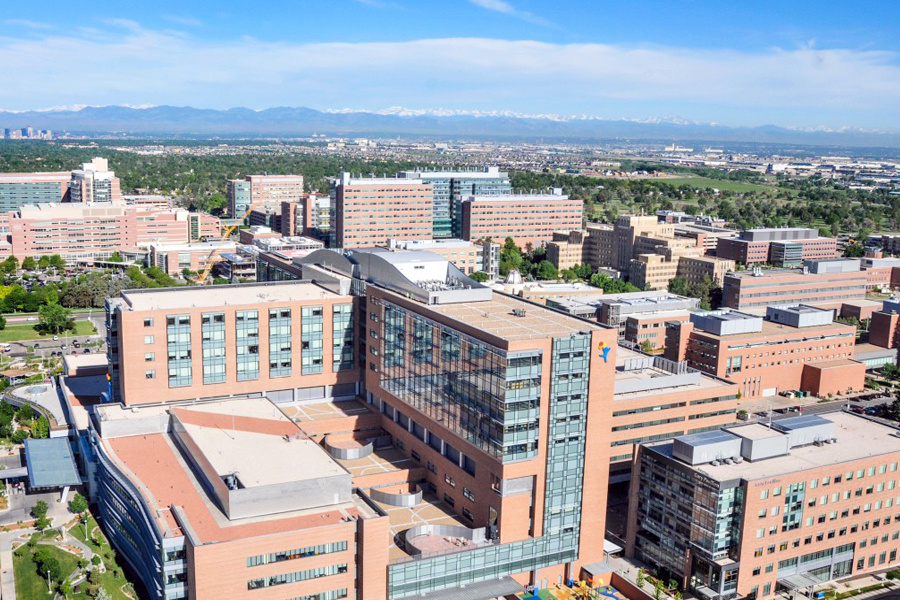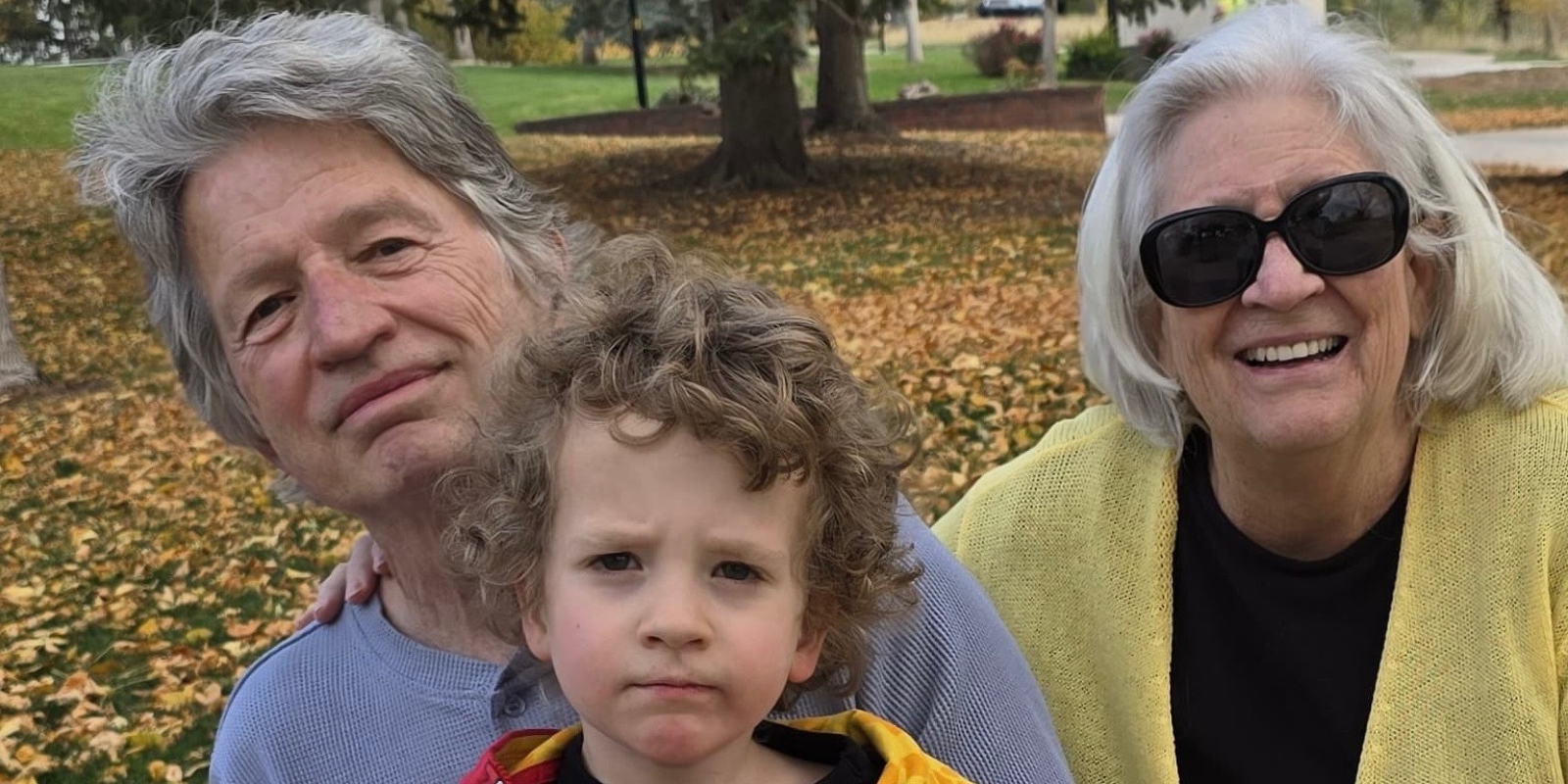As cooking is the number-one cause of all home fires, this year’s Burn Awareness Week — February 6–12 — has as its theme “Burning Issues in the Kitchen.”
Paul Bauling, MD, of the University of Colorado Burn Center in the CU Department of Surgery, offers these tips for staying safe from burns in the kitchen:
Wear short or close fitting sleeves when cooking: One of the most common scenarios Bauling sees at the burn center is burns resulting from long-sleeved, synthetic garments like robes or nightgowns that get ignited by a gas flame on the stove.
Avoid distractions: Stepping away from the stove even for a minute to watch the end of a TV program can have disastrous consequences, Bauling says.
Make sure you have the right lid: Especially when cooking with grease or oil, Bauling says, make sure you have the correct, tight-fitting lid for the pots and pans you are using. “When the fire flames up, all you need to do is calmly put the lid back on, and the fire instantly dies.”
Invest in a high-quality fire extinguisher: Not all fire extinguishers are created equal, Bauling says — look for an “ABC” fire extinguisher that contains a dry chemical suitable for kitchen and grease fires, as well as chemical and electrical fires, and fires involving ordinary combustibles like wood, paper, and cloth.
If you do get a burn, know who to call: “Fire stations, emergency rooms, and urgent cares typically can give you instructions over the phone,” he says, “or call the CU Burn Unit and ask for the charge nurse.”
The American Burn Association offers these additional tips for staying safe from kitchen burns:
- Always wipe clean the stove, oven, and exhaust fan to prevent grease buildup.
- Turn pot or pan handles toward the back of the stove.
- When heating food in the microwave, use microwave-safe cookware that allows steam to escape.
- Allow food to rest before removing from the microwave.
- When frying, use a pan lid or splash guard to prevent grease splatter.
- If you are simmering, baking, roasting, or boiling food, check it regularly. Remain in the home while food is cooking, and use a timer to remind you to check on your food.
- After cooking, check the kitchen to make sure all burners and other appliances are turned off.
If a fire does happen, the American Burn Association recommends:
- Cover the pan with its lid. A cookie sheet works too. Leave covered until the pan is cool. NEVER move the pot or carry it outside — the pot is too hot to handle and the contents may splash, causing a severe burn.
- Turn the heat off. With the lid on and the heat off, the fire should quickly put itself out.
- NEVER use water to put out a kitchen fire. Water will cause the oil to splatter and spread the fire, or scald you as it vaporizes.
- If the fire is inside the oven or microwave, keep the door shut and turn it off. Keep closed until the oven is cool.
- If the fire gets out of control, get out, stay out and call 911. Don’t return inside for any reason.





